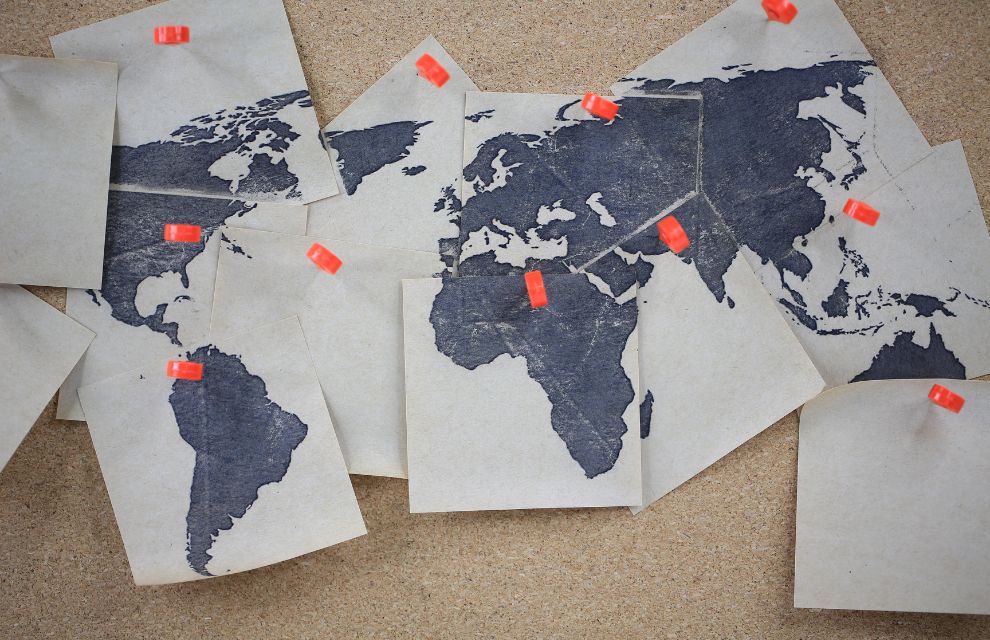Geopolitical uncertainty is a risk that will not be reduced anytime soon, a recent report from Airmic and the Chartered Institute of Internal Auditors (CIIA) warns. The report, entitled ‘Navigating geopolitical risk’, cites macroeconomic factors such as trade flows, monetary policies and political developments as significant determiners of risk. The report emphasises the role that geopolitical risk plays in a range of business-critical areas, including legal, reputational and cyber security. As such, it should be treated as a strategic risk to be addressed collaboratively by risk and internal audit professionals. Although future geopolitical events cannot be predicted, scenarios must be prepared based on predicted situations. Financial stress testing and simulation exercises are recommended by the report. Tomorrow (24 February) marks a year since Russia’s invasion of Ukraine, the economic effects of which are still being keenly felt across the globe. Rising energy costs, in tandem with recession recovery efforts, have increased economic pressure on countries and industries alike. In a case study of the war, the report considers the responses seen from a range of organisations. One anonymous participant in the study commented that their organisation ranked the levels of various impacts in order to prioritise their responses. Ukrainian assets and organisations insured by the company were the first to be addressed, followed by the impact predicted on clients outside of the country and the potential consequences of long-term war. Speed and agility are highlighted as essential qualities of companies’ reactions to geopolitical risks, ensuring that business can continue in the smoothest way possible. Examples of this include the disposal of Russian assets, continual scenario analysis and a “multidisciplinary approach.” A long-term approach is required, the report concludes, with scenario planning necessary to anticipate future events. “Risk and audit professionals have to take a broader approach” in contrast to the industry’s generally short-term, quarterly approach, it says, or risk being overwhelmed by geopolitical uncertainties. Commenting on the report’s findings, Julia Graham, CEO of Airmic, says: “Geopolitical risk is becoming far higher in profile on the risk radar of most businesses and is a board agenda item – one which demands a collaborative response from risk and internal audit professionals. Building resilience is imperative. Businesses need to be prepared to deal with significant disruption caused by geopolitical incidents.” Hoe-Yeong Loke, head of research at Airmic, adds: “Geopolitics has never been so turbulent and unpredictable since the end of the Cold War. Nevertheless, geopolitics is not a game of predicting future events. To build resilience in a challenging world, scenario planning and horizon scanning are key for organisations preparing for geopolitical risk.”


